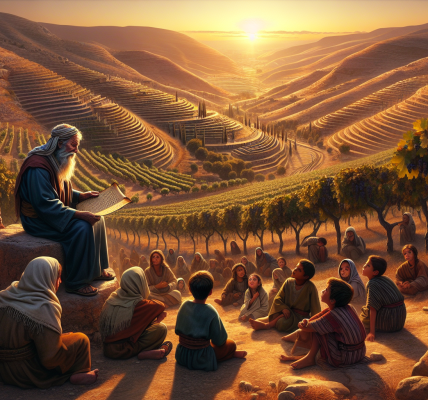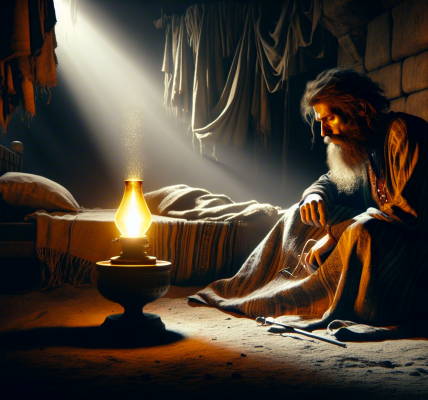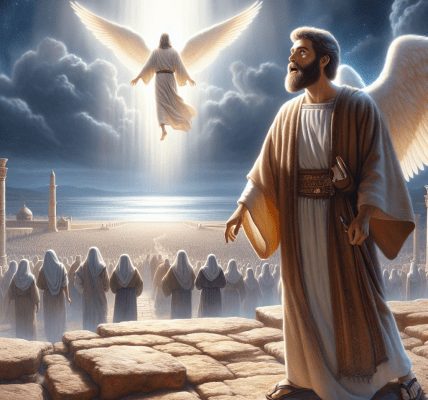In the days when the prophet Isaiah walked the earth, the Lord called him to perform a peculiar task. This story unfolds in one significant year, which was the year when King Sargon of Assyria sent his commander in chief, Tartan, to capture the fortified city of Ashdod, a proud and mighty city in Philistia. Clearly, the reign of Sargon was marked with dominance and the execution of his intense desire to expand the Assyrian empire.
Tartan, a loyal servant of the king, obeyed his master’s command and proceeded with an army to lay siege to Ashdod. With the supreme Assyrian military force on their side, the walls of Ashdod crumbled before them. The city, full of pride and arrogance, failed to stand against the fierce Assyrian war machinery. The people were overtaken and soon Ashdod’s power and influence began to wane as it fell under the control of the Assyrians.
It is during these tumultuous times that God spoke to Isaiah. He called upon his faithful servant to do an unusual task, to remove his sackcloth and sandals, and to walk barefoot and naked. This may seem odd and even improper, but Isaiah, trusting in God’s plan, obeyed without hesitation.
For three long years, Isaiah walked through Jerusalem, barefoot and completely naked, as a visual warning to the people against their pride and arrogance. It was a dramatic and unconventional sight, but it was an image God wanted ingrained in the minds of the people. His raw vulnerability symbolized the destitution and humiliation which the Israelites would endure if they continued to align themselves with Egypt and Cush, and kept straying from God.
This was the Lord’s display of what would happen to the Egyptians and Cushites who were taken captive by the Assyrians – they would be led away, barefoot and naked, their buttocks exposed—a sight bringing both shame to those taken and fear to those who saw. As Isaiah continued his prophetic task, it became apparent that his actions were metaphoric of the impending degradation and defeat.
In Isaiah’s nakedness and bareness, God was painting a picture of the future for the people of Egypt and Cush. They would be stripped of their pride, power, and dignity, led away by the Assyrians in their conquest. This was a destiny shared by those who trusted in these nations, leaning on them as allies, including Judah’s inhabitants. This was a severe prophetic warning to Israelites not to trust in the Egyptian-Cushite alliance but trust in God alone.
As the physical embodiment of God’s prophecy, Isaiah’s daily presence in their midst reminded the people that those who relied on worldly powers, like Egypt and Ethiopia, would share their fate. The prophet’s nakedness and shameful exposure epitomized the disgrace and humiliation of relying on man-made entities rather than God.
The story of Isaiah serves as an enduring testament to the consequences of misplaced trust and the pride of nations. It is an illustration of God’s sovereignty over worldly powers, a reminder that ultimate safety and security lie only in God. It drives home the message of the importance of total reliance and complete trust in God amidst earthly trials and tribulations.



